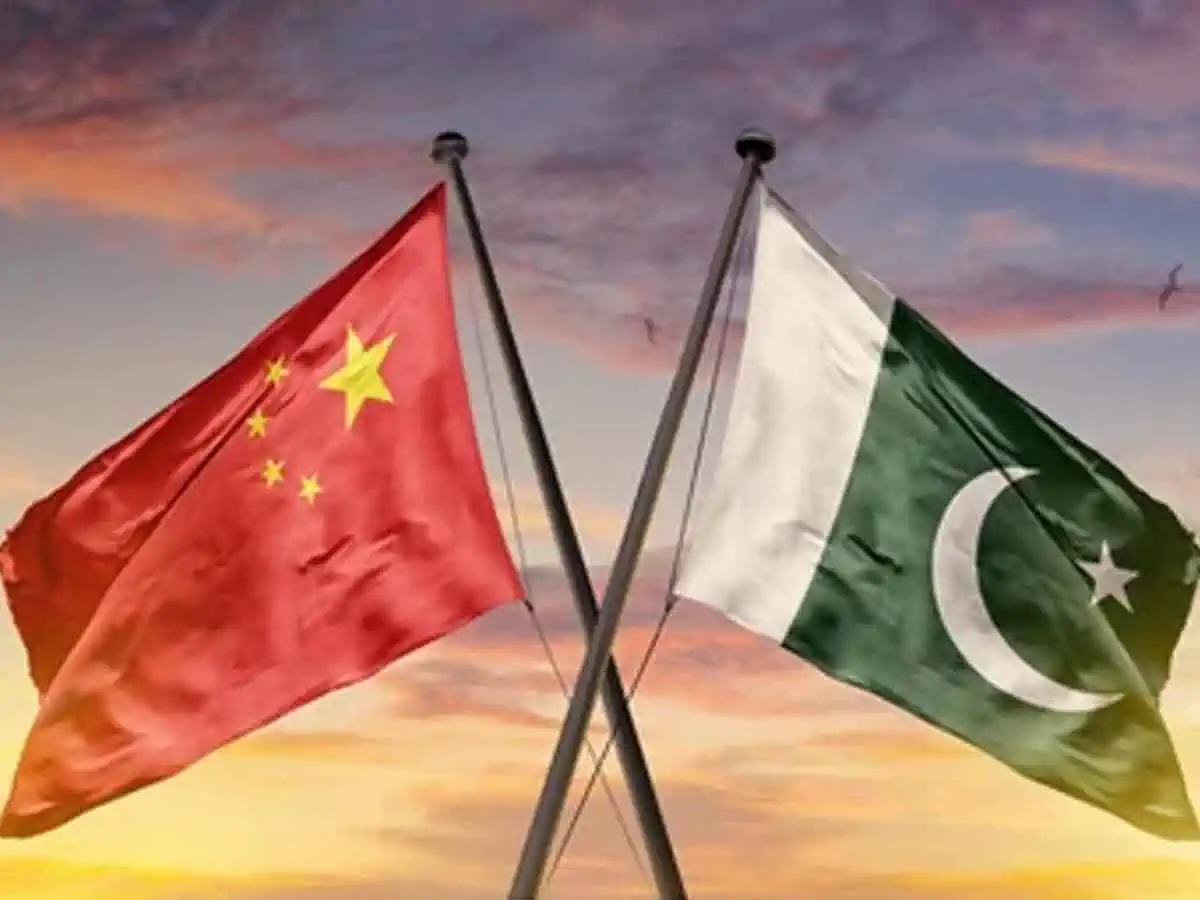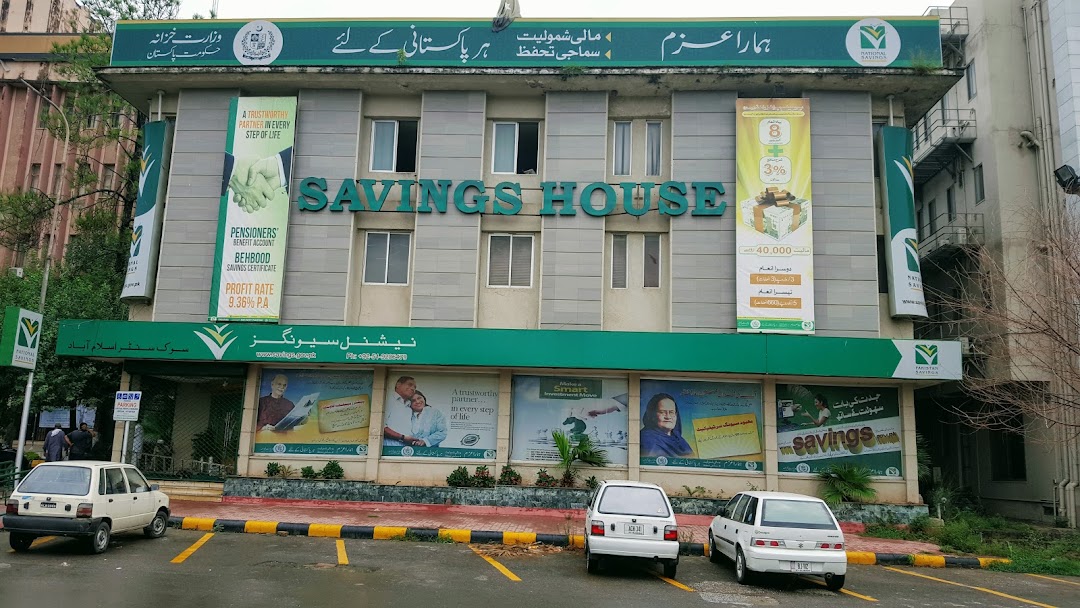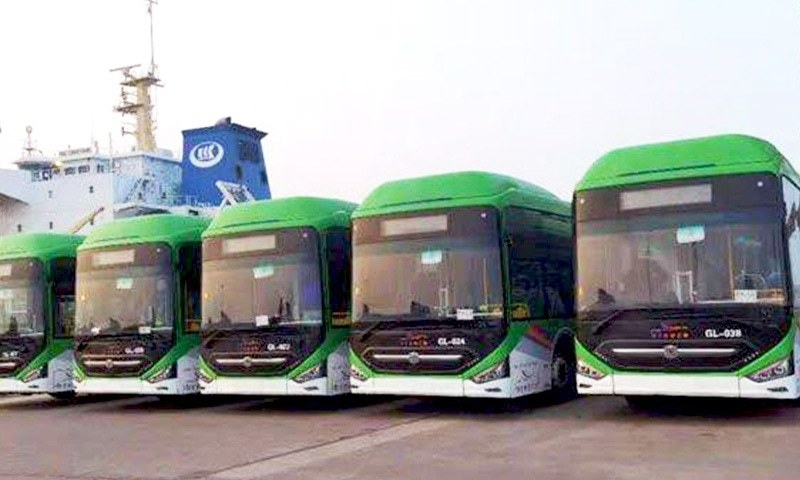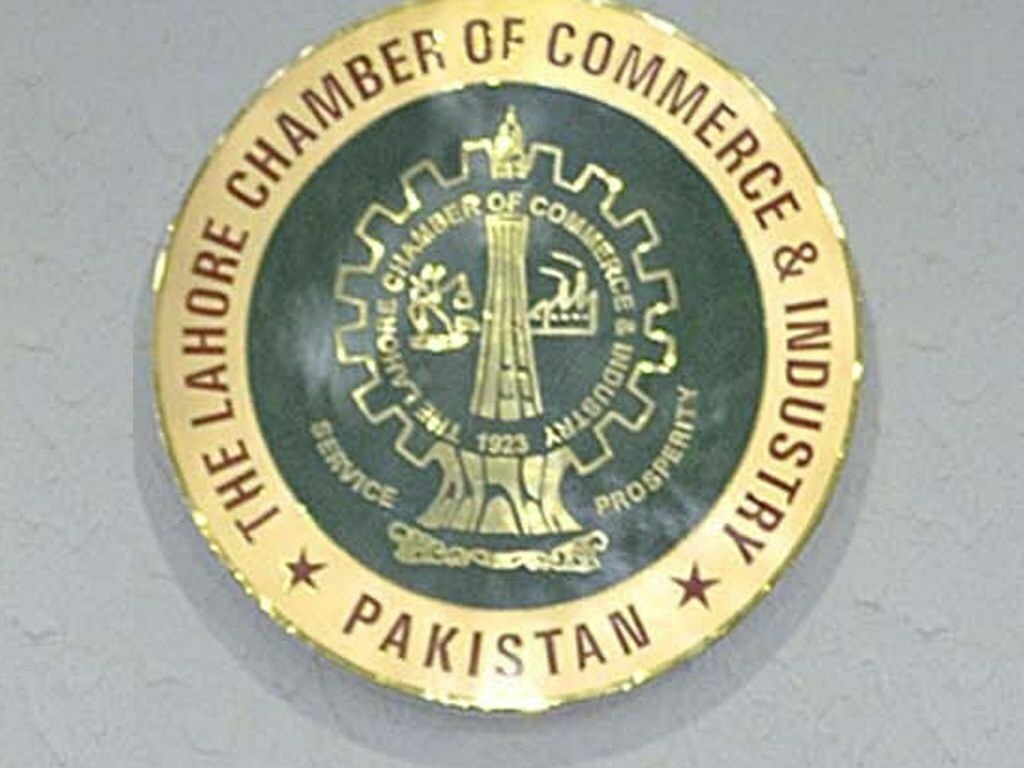Mohsin Siddiqui (Chief Reporter)
Pakistan is set to explore the possibility of extending the repayment tenor of outstanding dues to Chinese Independent Power Producers (IPPs) by five years. This move, if agreed upon by the Chinese IPPs, could reduce the cost of electricity by Rs3 per unit, providing much-needed relief to consumers. This initiative represents the only current option for significantly lowering electricity costs in the country.
Current Debt Repayment Structure and Its Challenges
The existing power tariff structure in Pakistan concentrates debt service repayments in the first 10 years, creating a substantial financial burden on consumers. According to details available with The News, by extending the debt tenor, this burden can be distributed more evenly over five years, from 2036 to 2041. The impact of this extension would begin to be felt in the current fiscal year.
Pakistan is required to repay a total outstanding amount of $15.4 billion to Chinese IPPs by 2036. The projected repayments are $2.23 billion in 2024, $2.13 billion in 2025, $2.03 billion in 2026, $1.89 billion in 2027, $1.57 billion in 2028, $1.3 billion in 2029, and $1.01 billion in 2030. After 2030, the repayment amounts decrease to $0.96 billion in 2031, $0.78 billion in 2032, $0.57 billion in 2033, $0.5 billion in 2034, $0.37 billion in 2035, and $0.02 billion in 2036 under the current arrangement.
Some estimates from the Pakistani side suggest that if a five-year extension is granted, the repayments would be staggered as follows: $1.63 billion in 2024, $1.55 billion in 2025, $1.48 billion in 2026, $1.41 billion in 2027, $1.34 billion in 2028, $1.28 billion in 2029, $1.22 billion in 2030, $1.16 billion in 2031, $1.09 billion in 2032, $0.94 billion in 2033, $0.81 billion in 2034, $0.65 billion in 2035, $0.62 billion in 2036, $0.51 billion in 2037, $0.47 billion in 2038, $0.33 billion in 2039, $0.25 billion in 2040, and $0.01 billion in 2041. This extension would increase the overall repayment from $15.4 billion to $16.62 billion over the additional five years.
This proposed extension comes amid expectations to initiate the second phase of the China-Pakistan Economic Corridor (CPEC) during Prime Minister Shehbaz Sharif’s upcoming visit to China. Pakistan anticipates progress on convening a joint financing committee meeting for the construction of the Mainline-1 (ML-1) railway project. The Pakistani side has already approved the PC-1 of ML-1 with an estimated cost of $6.7 billion, set to be executed in two phases.
Under the current International Monetary Fund (IMF) program, there is a limitation on sovereign guarantees. Therefore, the Pakistani government may request the Chinese side to complete the ML-1 project in more than two phases. This strategic move is aimed at aligning with IMF guidelines while ensuring the successful execution of the project.
The Prime Minister’s visit, a business-to-business summit is scheduled to discuss the relocation of industries to Pakistan. Additionally, Pakistan plans to request China to launch a feasibility study for converting imported coal to domestic coal. Initially, this conversion would involve 20% of the coal being sourced locally, reducing reliance on imported coal and potentially lowering energy costs.
When contacted for comments, Federal Minister for Planning Ahsan Iqbal emphasized that the ML-1 project is a top priority for the government. He expressed optimism that both sides would achieve significant progress towards the project’s execution during the upcoming discussions.




